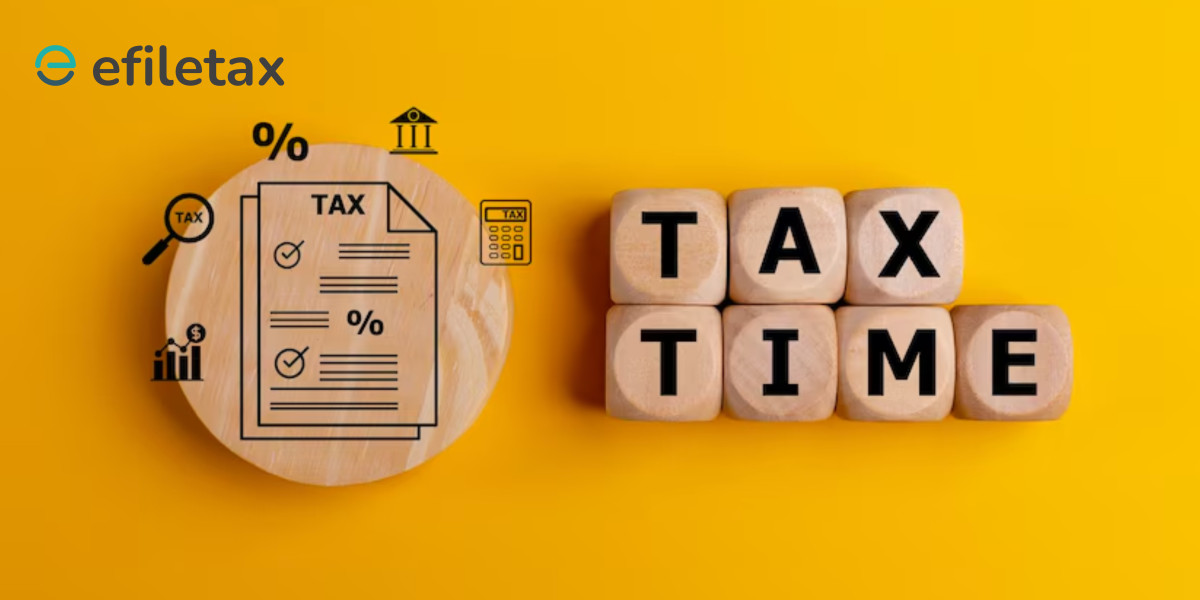Introduction:
Tax season can be daunting, but with the right knowledge and tools, it doesn't have to be. In this guide, we'll walk you through the ins and outs of tax filing, helping you navigate the process with confidence and ease.
Understanding Tax Filing:
Before diving into the nitty-gritty of tax filing, it's essential to understand the basics. Taxes are compulsory contributions levied by the government on income, goods, and services. Filing taxes involves reporting your income, deductions, and credits to determine the amount of tax you owe or the refund you're entitled to.
Gathering Required Documents:
To file your taxes accurately, you'll need certain documents on hand. These may include:
- W-2 forms from your employer(s) detailing your earnings and tax withholdings.
- 1099 forms for additional income sources like freelance work or investments.
- Receipts and records of deductible expenses such as mortgage interest, charitable donations, and medical expenses.
Choosing the Right Filing Method:
There are several ways to file your taxes, each with its own advantages and considerations:
- DIY Software: Tax preparation software like TurboTax or H&R Block offers a user-friendly interface for self-filing. These programs guide you through the process, help you claim deductions, and ensure accurate calculations.
- Hiring a Professional: If your tax situation is complex or you prefer personalized assistance, hiring a tax professional such as a Certified Public Accountant (CPA) may be beneficial.
- Free File Options: The IRS offers free filing options for eligible taxpayers through the Free File program. Individuals with a lower income or simple tax situation can take advantage of this service.
Maximizing Deductions and Credits:
One of the key benefits of tax filing is the opportunity to claim deductions and credits, which can lower your taxable income and reduce your tax liability. Common deductions include:
- Mortgage interest
- Property taxes
- Charitable contributions
- Student loan interest
- Medical expenses (above a certain threshold)
Avoiding Common Mistakes:
Tax filing mistakes can lead to delays in processing or even trigger audits. To minimize errors, double-check your return for accuracy and be mindful of common pitfalls such as:
- Math errors
- Forgetting to sign your return
- Failing to report all income
- Incorrectly claiming deductions or credits
Filing Electronically and Tracking Your Refund:
Electronic filing (e-filing) is the fastest and most secure way to submit your tax return. The IRS processes e-filed returns more quickly than paper returns, and you'll receive confirmation of receipt once your return is successfully submitted. Additionally, if you're expecting a refund, you can track its status using the IRS Where's My Refund tool.
Conclusion:
Tax filing doesn't have to be a source of stress. By understanding the process, gathering the necessary documents, and choosing the right filing method, you can navigate tax season with confidence and ease. Whether you opt for DIY software, enlist professional help like efiletax, or utilize free filing options, the key is to file accurately and on time. With these tips in mind, you'll be well-equipped to tackle tax season and maximize your refund potential.








